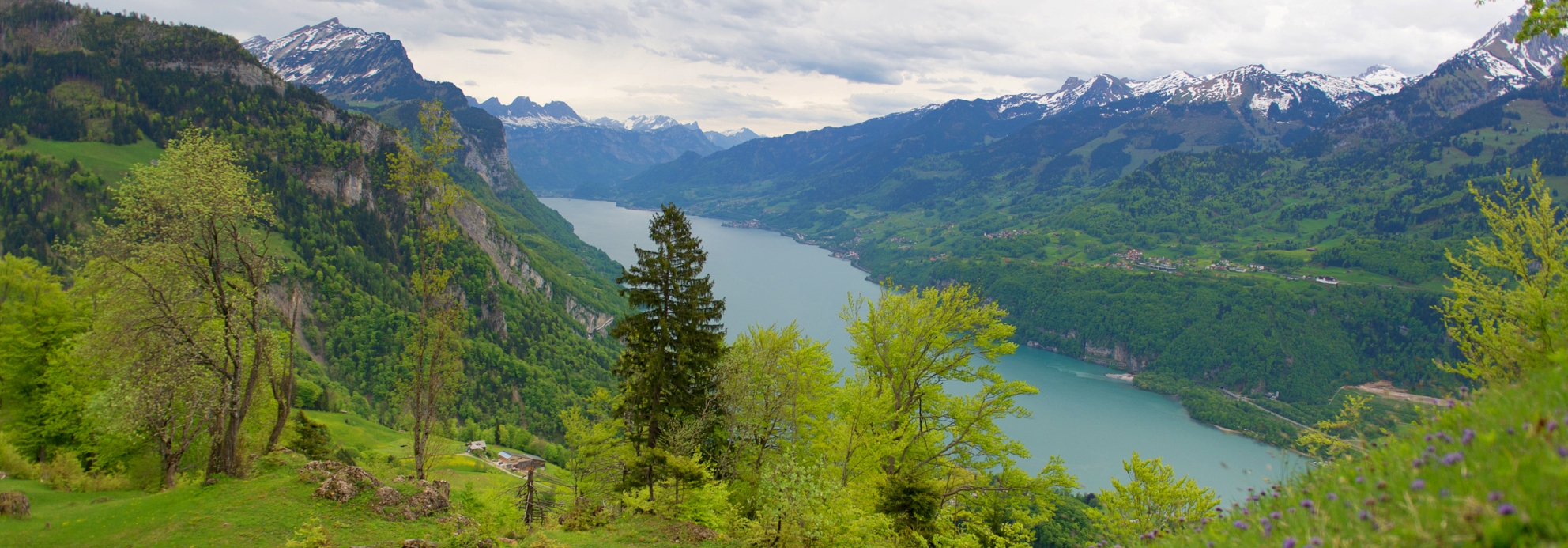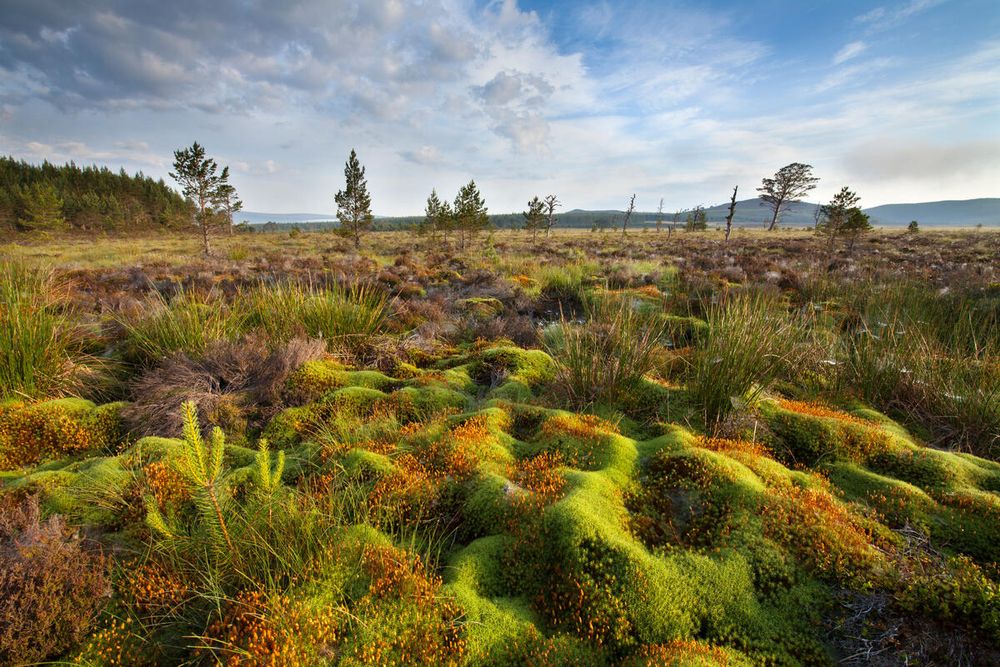Partnership with Lidl Switzerland 2024
Lidl Switzerland has steadily and successfully intensified its sustainability efforts in recent years. In early 2017, the retailer entered into a partnership with WWF Switzerland and committed to comprehensive, concrete, and ambitious sustainability goals. The focus is on further transitioning the product range to more environmentally friendly products and reducing the company’s emissions.
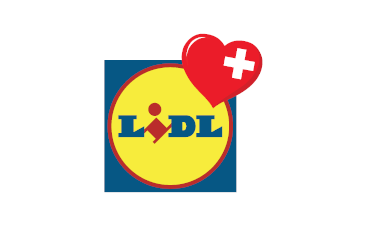
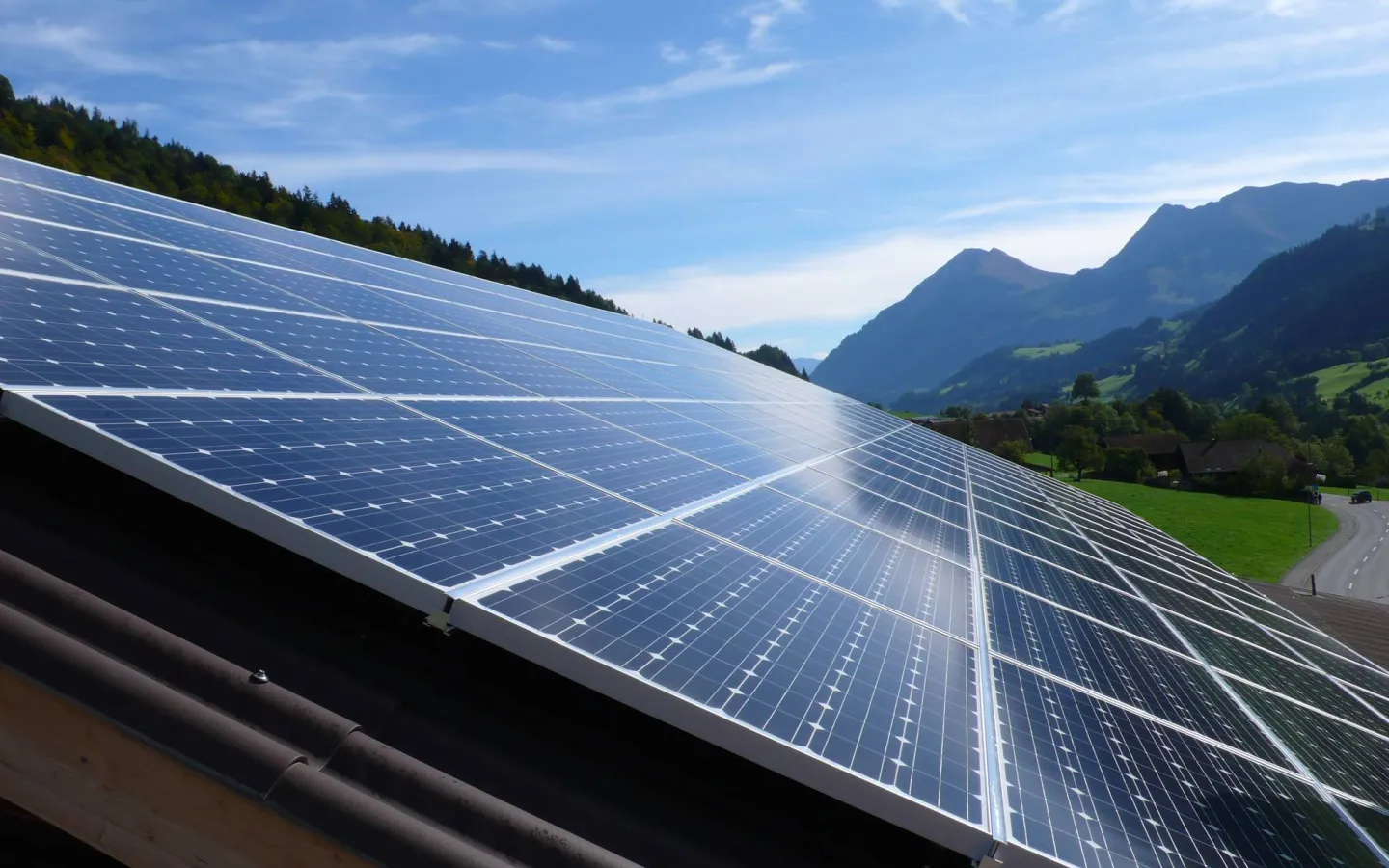
CLIMATE AND ENERGY
Lidl Switzerland more than halved its relative operational greenhouse gas emissions between 2013 and 2019, exceeding the reduction target agreed with WWF. From 2020 onwards, even more ambitious goals were set: Lidl Switzerland committed to the Science Based Targets Initiative (SBTi) and extended its flight ban to additional products.
Science Based Targets
As part of the Science Based Targets Initiative (SBTi), co-founded by WWF, Lidl Switzerland committed to reducing its emissions. The company joined the initiative in 2019 and expanded its existing operational carbon footprint to include additional indirect emissions, such as those from traded products.
Air-freighted products
To reduce greenhouse gas emissions, Lidl Switzerland has maintained a flight ban for its entire range of fresh fruits and vegetables since entering the market in 2009. Through its partnership with WWF Switzerland, this goal was extended to include fresh herbs, fresh meat, and fresh fish.
The proportion of airfreighted products is measured across the total assortment of fresh vegetables and fruits, fresh meat and fish, and fresh herbs. Reporting period was March 2024 to February 2025.
In fiscal year 2024, Lidl Switzerland did not airfreight any fresh fruits, vegetables, herbs, fish, or meat and continues to meet this goal.
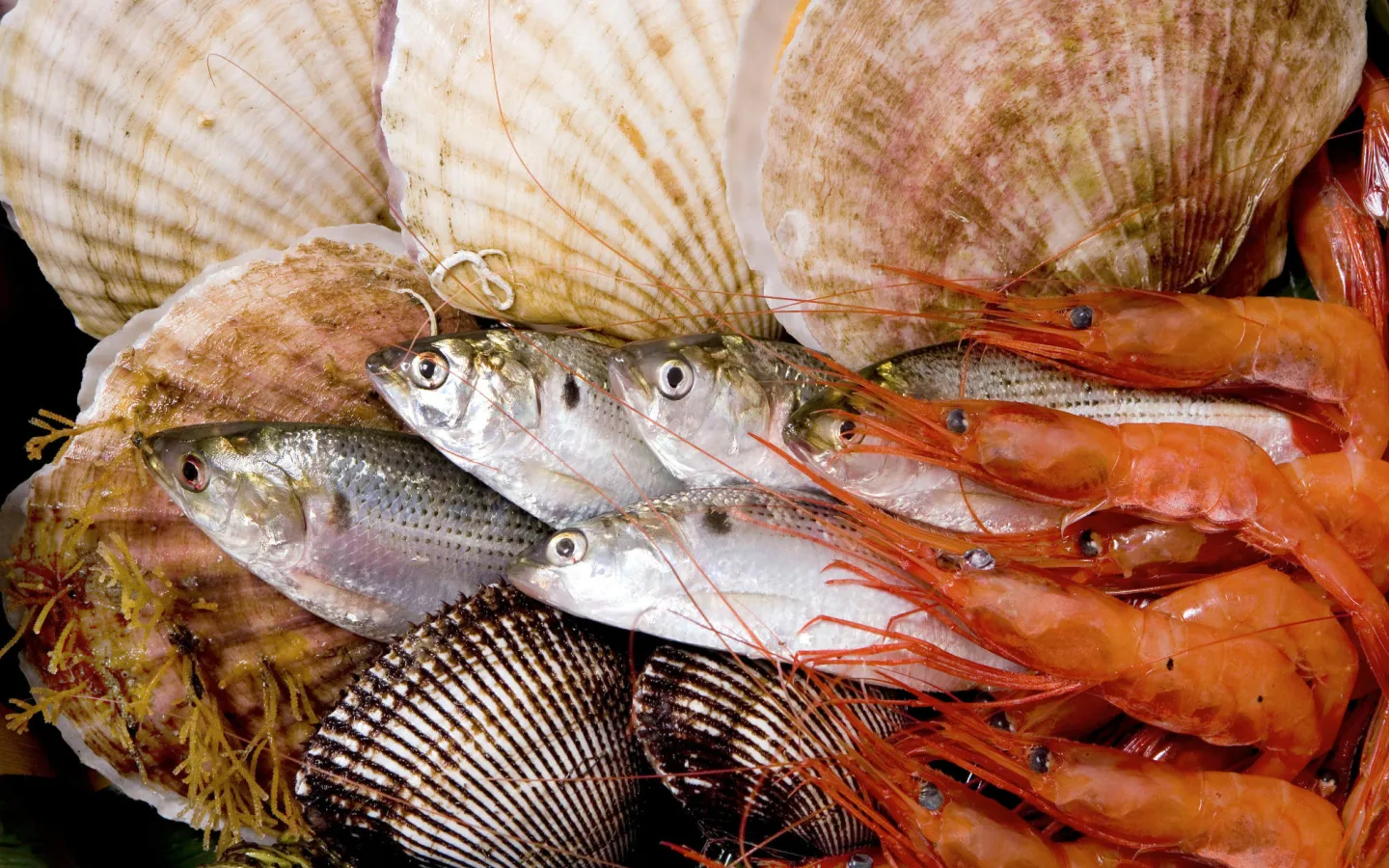
FISH AND SEAFOOD
As a smart discounter, Lidl Switzerland pursues an ambitious goal for recommendable fish and seafood, relying especially on renowned labels.
Proportion of recommended or acceptable sources according to WWF in the total seafood range
Lidl Switzerland has set itself the goal of ensuring that 100% of the total seafood range comes from recommended or acceptable sources according to WWF. The scope is the revenue share of products with more than 1% volume of fish or seafood. The reporting period is March 2024 to February 2025.
In fiscal year 2024, 99.85% of the total seafood assortment came from recommended or acceptable sources.
Note: Three items with seafood components from WWF Score 5 origins were sold as promotional items in FY 2024 due to existing purchase agreements.
Share of Recommended Sources According to WWF in Total Seafood Assortment
Lidl Switzerland aims for 95% of its total seafood assortment to come from recommended sources by 2025. The scope is revenue share of fish and seafood products with Score 1–2 or recommended labels (Bio, ASC, MSC). The reporting period is March 2024 to February 2025.
In fiscal year 2024, 96.97% of the total seafood assortment came from recommended sources.
Share of Recommended Labels According to WWF (Bio, ASC, MSC) in Total Seafood Assortment
Lidl Switzerland aims for 95% of its total seafood assortment to be certified with recommended labels by 2025. The scope is the revenue share of fish and seafood products with recommended labels (Bio, ASC, MSC). The reporting period is March 2024 to February 2025.
In fiscal year 2024, 96.30% of the total seafood assortment carried recommended labels.
Permanent Listing: Share of Recommended Sources According to WWF
Lidl Switzerland aims to sell only fish and seafood products in its permanent listing that are rated Score 1 or 2 by WWF or carry recommended labels (Bio, ASC, MSC). The scope is the revenue share of such products in the permanent listing. The reporting period is March 2024 to February 2025.
In fiscal year 2024, 100% of the permanently listed seafood assortment came from recommended sources.
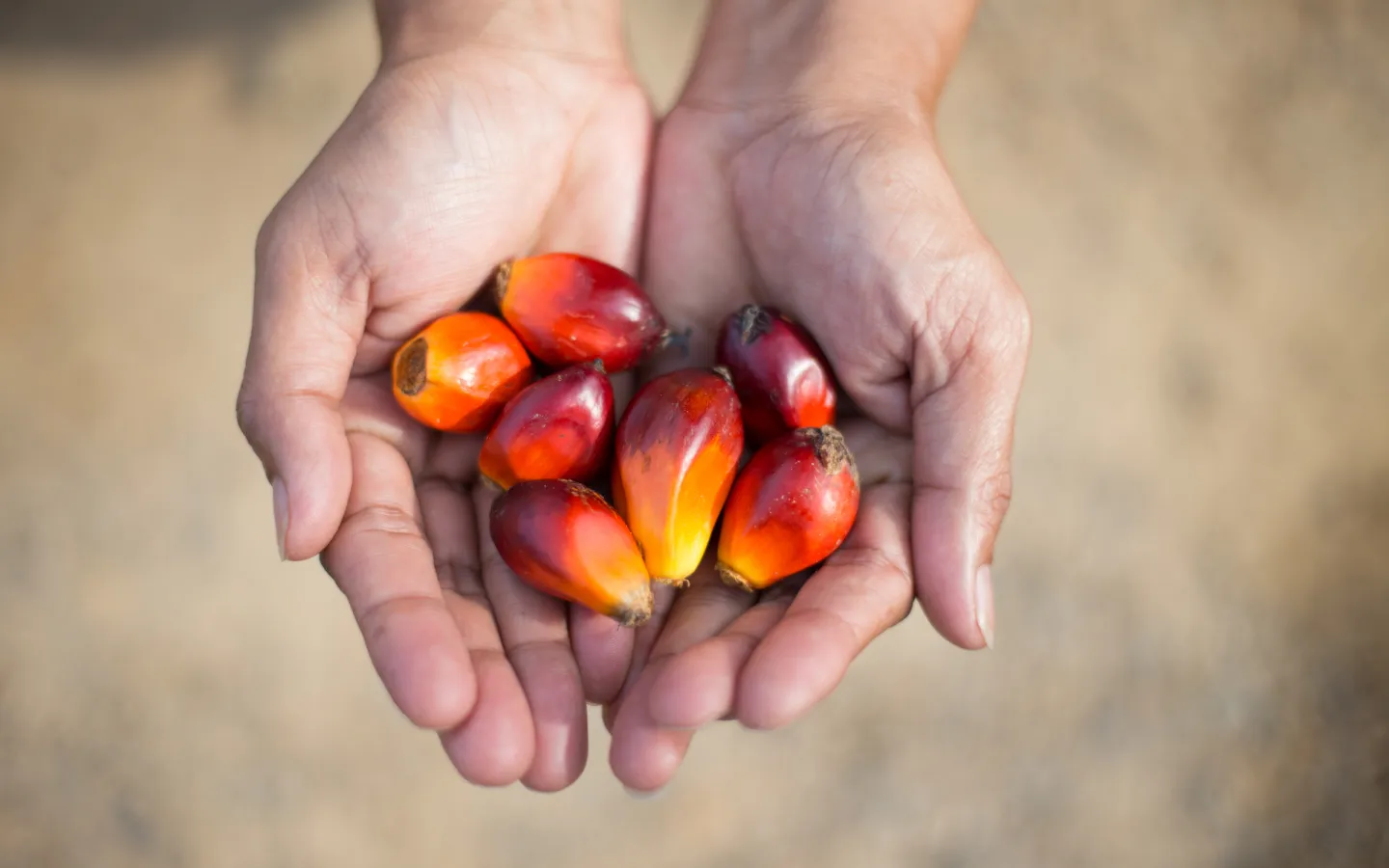
PALM OIL
Lidl Switzerland has decided to use only sustainable, RSPO-certified palm oil in its private label products and is actively involved in the Swiss Palm Oil Network.
Share of Physically Sustainable Palm Oil in Food Private Label Products
Goal: From the end of FY 2018, Lidl Switzerland uses only physically sustainable palm oil in its food private label products. Measurement is the percentage of food products with physically sustainable palm oil. Accepted standards: RSPO IP, RSPO Segregated, Bio (Suisse, Switzerland, EU), POIG. The reporting period is March 2024 to February 2025.
In FY 2024, 99.65% of palm oil in food private label products was physically sustainable.
Note: One product with RSPO Mass Balance certified palm oil was sold and will be converted in 2025.
Share of Certified Palm Oil in Near-Food Private Label Products
Goal: From the end of FY 2018, Lidl Switzerland uses only sustainable palm oil in near-food private label products. Measurement is the percentage of near-food products with sustainable palm oil. Accepted standards: RSPO IP, RSPO Segregated, RSPO Mass Balance, Bio (Suisse, Switzerland, EU), POIG. The reporting period is March 2024 to February 2025.
In FY 2024, Lidl Switzerland continued to meet the goal of 100% certified palm oil in near-food private label products.
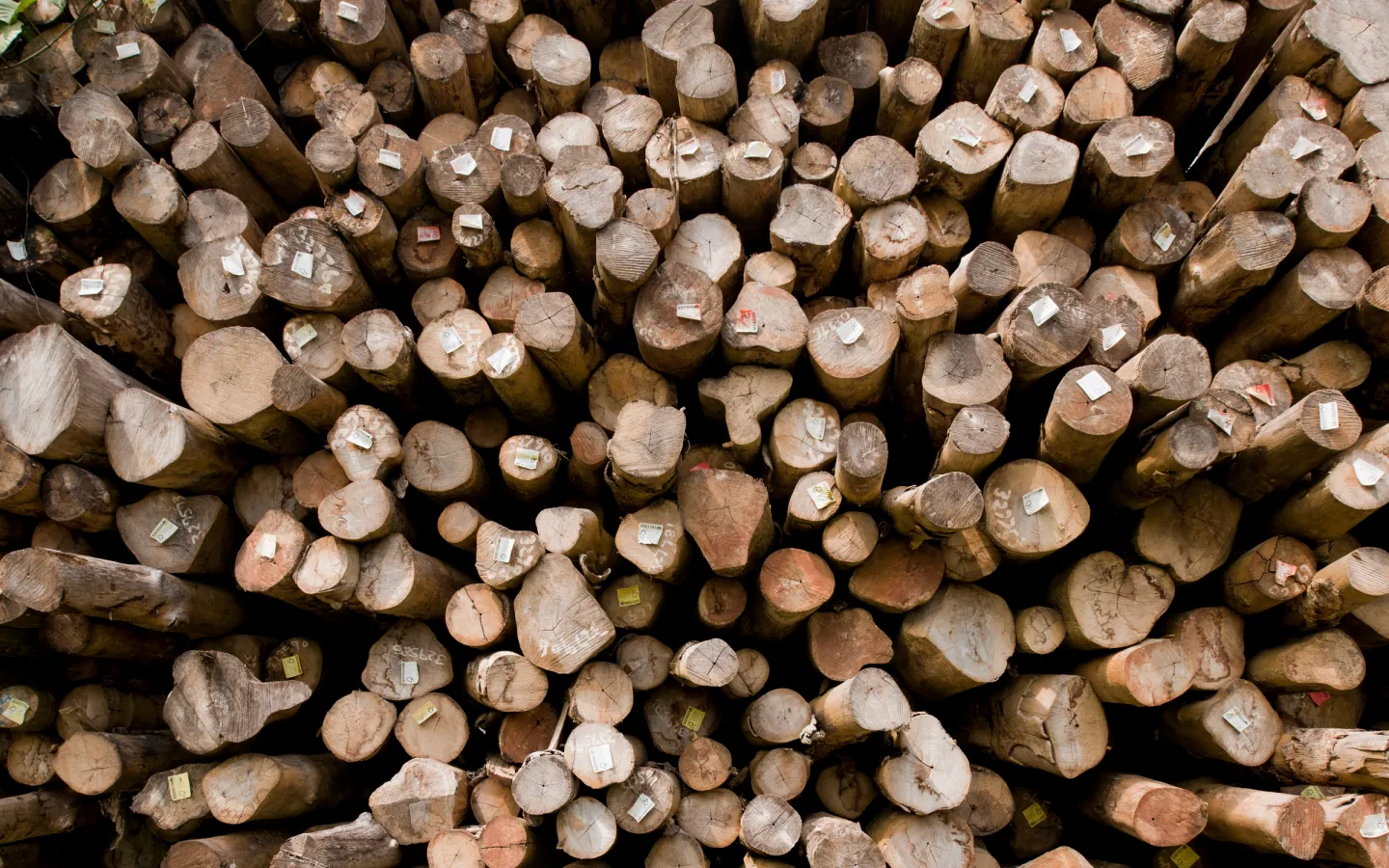
WOOD AND PAPER
Lidl Switzerland aims to use sustainable, certified cellulose in permanently listed private label products and packaging.
Products and packaging made from sustainable cellulose
The goal is that 90% of all cellulose in products and packaging should come from sustainable sources. The scope includes cellulose in permanently listed private label products and packaging, outer packaging, and labels, including both primary and secondary packaging. The accepted standards are FSC, FSC mix, Recycling, and Blue Angel. The reporting period is from March 2024 to February 2025
Due to the complex company and supplier structure, comprehensive monitoring of primary and secondary packaging could not be ensured during the reporting period. Therefore, the achievement level for packaging cannot be reported. The following graph shows only the achievement for products with cellulose content.
In FY 2024, 100% of products with cellulose were from sustainable sources.
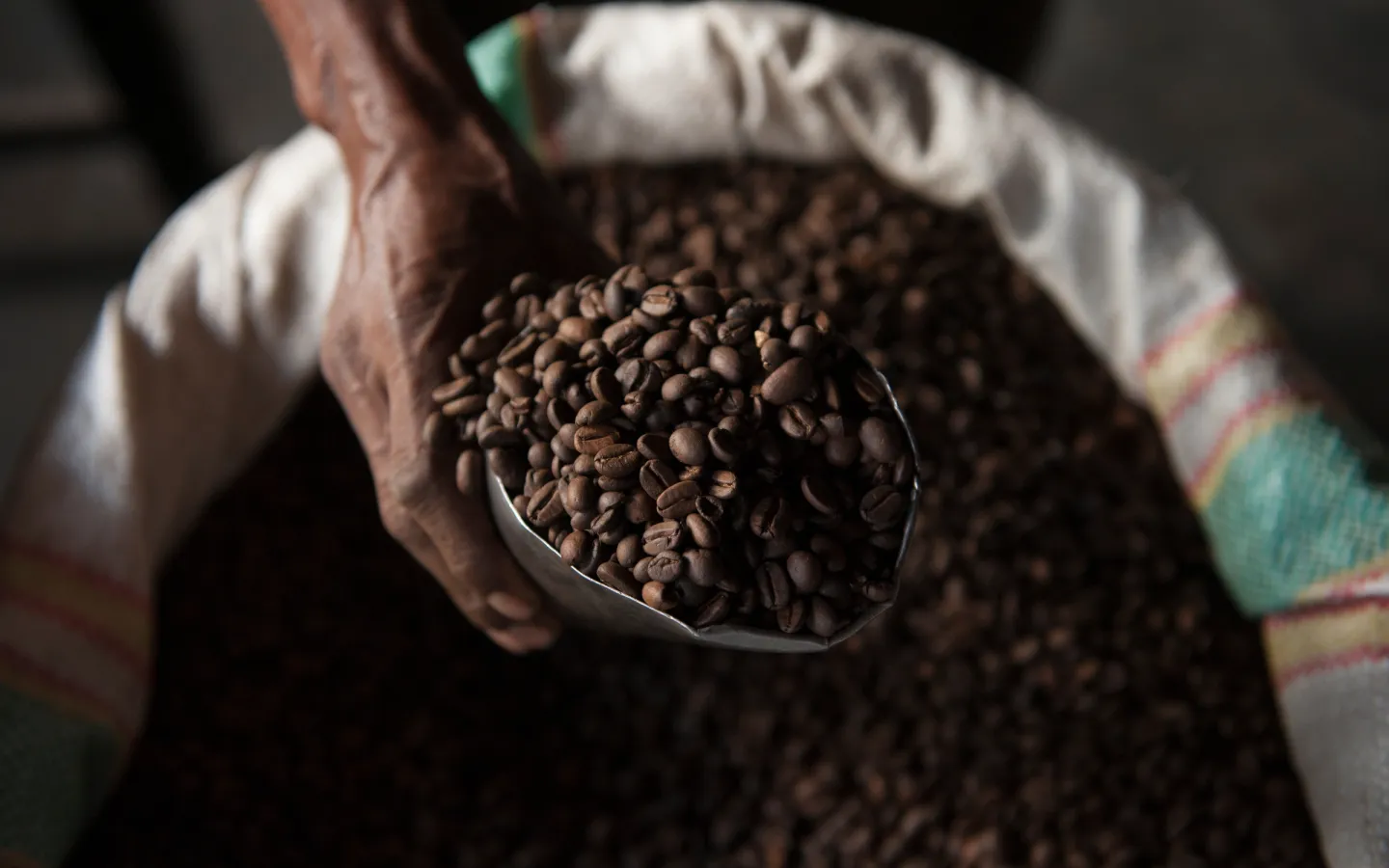
OTHER RAW MATERIALS
Lidl Switzerland aims to source cocoa, coffee, tea, and tropical fruits exclusively from sustainably certified sources.
Share of Cocoa Products with Sustainability Standard in Private Labels
From the end of 2017, all cocoa in Lidl Switzerland’s private label products should come from sustainable, certified sources. The measurement is the percentage of relevant cocoa products with sustainability labels. The accepted standards are Fairtrade, Bio (Suisse, Switzerland, EU), and Rainforest Alliance. The reporting period is from March 2024 to February 2025
In FY 2024, Lidl Switzerland achieved the goal of 100%.
Share of coffee products with a sustainability standard in owShare of Coffee with Sustainability Standard in Private Labelsn-brand products
From the end of 2018, all coffee in Lidl Switzerland’s private label products should come from sustainable, certified sources. The measurement is the percentage of relevant coffee products with sustainability labels. The accepted standards are Fairtrade, Bio (Suisse, Switzerland, EU), and Rainforest Alliance. The reporting period is from March 2024 to February 2025.
In FY 2024, Lidl Switzerland again achieved the goal of 100% certified coffee.
Share of Tea with Sustainability Standard in Private Labels
From the end of 2018, all tea from non-EU countries (black, green, rooibos) in Lidl Switzerland’s private label products should come from sustainable, certified sources. The measurement is the percentage of relevant tea products with sustainability labels. The accepted standards are Fairtrade, Bio (Suisse, Switzerland, EU), and Rainforest Alliance. The reporting period is from March 2024 to February 2025.
In FY 2024, Lidl Switzerland again achieved the 100% goal.
Share of Relevant Tropical Fruits with Sustainability Standard
From the end of 2019, relevant fresh tropical fruits from overseas—bananas, mangoes, and pineapples—should be 100% certified. The measurement is the percentage of relevant tropical fruits with sustainability labels. The accepted standards are Fairtrade, Bio (Suisse, Switzerland, EU), Rainforest Alliance, and the Siza Environmental Standard. The reporting period is from March 2023 to February 2024.
In FY 2023, 100% of relevant fresh tropical fruits were certified according to accepted standards.
Note: For selected mango origins, Lidl Switzerland has also worked risk-based with GlobalG.A.P. SPRING/GRASP, SCS, and SIZA standards since 2022. WWF has accepted these standards risk-based and in individual cases since 2023. Therefore, data for 2022 was retroactively adjusted.
